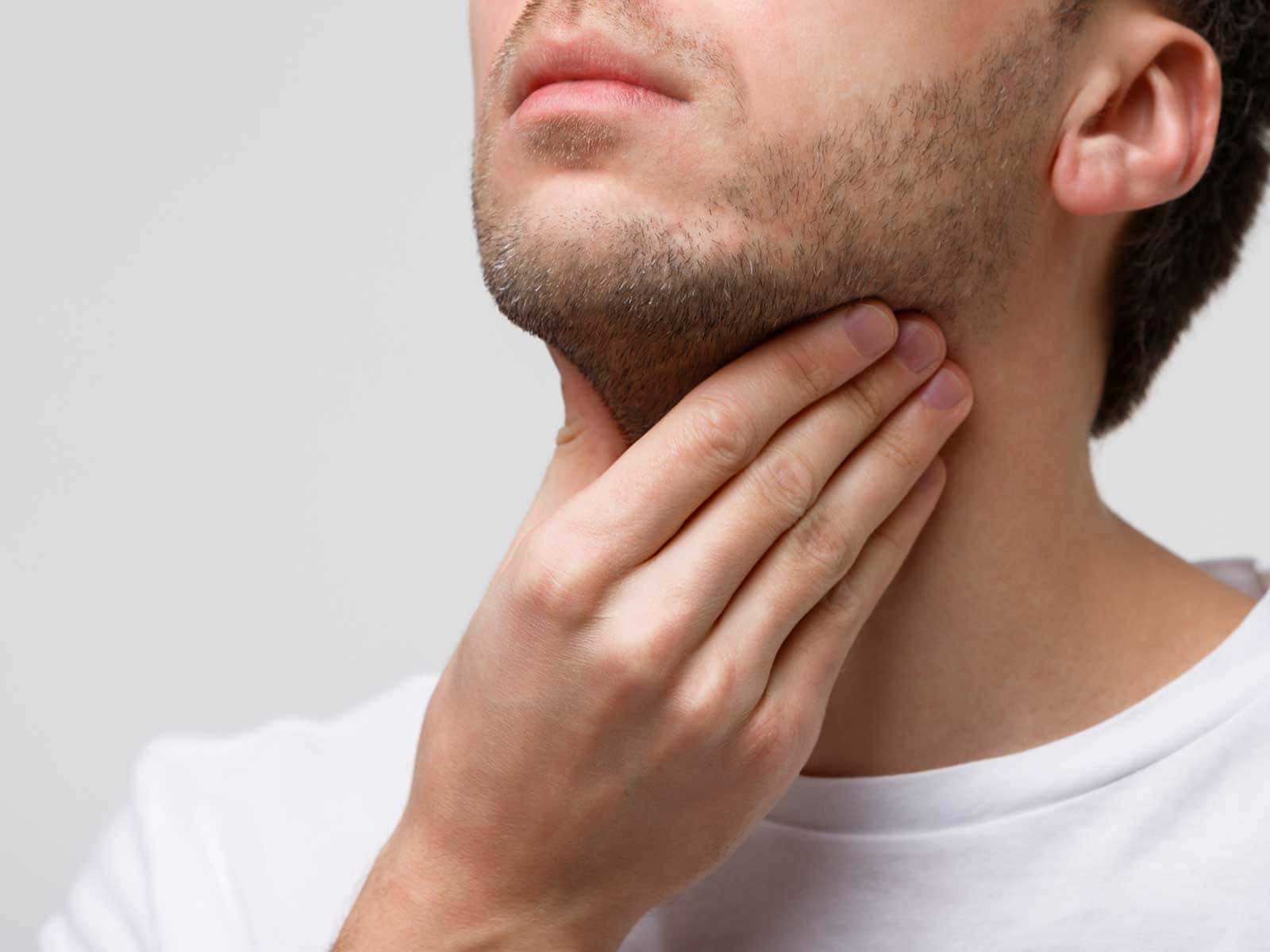
An obstruction of the bile duct occurs when the normal flow of bile from the liver into the small intestine is blocked. Bile, a digestive fluid produced by the liver, helps break down fats and eliminate waste. When something-such as a stone, tumor or scar tissue-narrows or blocks the duct, bile backs up, causing inflammation, infection and digestive problems.
Recognizing these warning signs can speed up diagnosis and treatment:
Several conditions can trigger a bile duct obstruction:
With a focus on patient-centered care and comprehensive bile duct solutions, GastroDoxs offers expert diagnostics and advanced treatments-from ERCP and percutaneous drainage to minimally invasive surgery-to clear blockages and restore healthy bile flow. Our compassionate team develops personalized plans to address your symptoms, support liver function, and help you achieve lasting relief. Don't wait to protect your health-book your appointment today and let us guide you every step of the way.
We've successfully treated more than 1.5K patients, helping individuals improve their digestive health and overall well-being through expert, personalized care.
With over 20 years of experience, GastroDoxs has been a trusted provider of gastroenterology care, focusing on delivering the best outcomes for patients
Bile duct obstruction refers to a blockage in the pathway that carries bile from the liver to the small intestine, preventing normal bile flow and leading to buildup of bile in the liver and bloodstream.
Diagnosis typically involves blood tests to check liver function, followed by imaging studies such as ultrasound, CT scan, MRI, or an endoscopic procedure called ERCP to visualize and locate the blockage.
Yes. When bile cannot drain properly, bilirubin builds up in the blood, causing yellowing of the skin and eyes known as jaundice.
Common symptoms include jaundice, itching (especially on arms and legs), dark-colored urine, pale or gray stools, upper right abdominal pain, nausea, vomiting, and reduced appetite.
Long-term bulimia can increase the risk of gallstone formation due to rapid weight changes and nutritional imbalances, and gallstones may then migrate into and block the bile duct.
"Calculus" refers to a gallstone. This term describes a gallstone lodged in the bile duct, causing an obstruction and impairing bile flow.
Diarrhea is not a primary symptom of bile duct obstruction but may occur in some individuals. If you experience diarrhea alongside other symptoms, consult your doctor for evaluation.
Cats can develop bile duct issues too, often presenting with jaundice, vomiting, loss of appetite, and lethargy. If you suspect your pet has bile duct disease, seek veterinary care promptly.
Yes. Conditions such as viral hepatitis, pregnancy-related cholestasis, congenital bile duct anomalies, and inflammatory diseases can also cause dilation of the bile ducts without a physical blockage.
For expert evaluation and treatment of bile duct conditions near Cypress, schedule an appointment with the GastroDoxs team. Our specialists use advanced diagnostic tools and personalized care plans to address your needs.